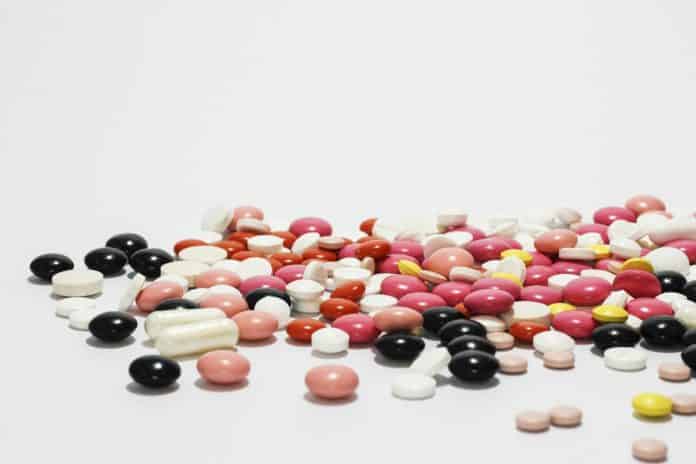Last Updated on December 29, 2024 by The Health Master
Disposal of unused & expired medicines
The improper disposal of unused and expired medicines has become a growing concern due to its potential threats to both health and the environment.
The lack of dedicated guidelines under the Drugs & Cosmetics Act exacerbates this issue, with only the Central Pollution Control Board currently mandating Biomedical Waste Management Rules.
In light of the World Environment Day, environmental experts emphasize the urgent need for concerted efforts to tackle the disposal of these medicines.
Proposed Solutions:
Modifying Schedule P of the D&C Act:
Experts suggest incorporating provisions for the disposal of “Expired and Unused Medicines” from households within Schedule P, which currently focuses on the shelf-life and storage conditions of drugs.
One approach could involve the use of lockable bins placed at pharmacy outlets or designated locations until they are collected by biomedical waste aggregators.
Scientific Disposal Methods:
Scientifically proven methods, such as incineration within the prescribed specifications outlined in the Bio-Medical Waste Guidelines issued by the Ministry of Forest and Environment, should be employed.
However, the weakest link in the entire process lies in the collection and segregation of unused and expired medicines from households, with no specific guidelines available for their proper storage before incineration.
Concerns and Data:
Current Disposal Practices:
According to surveys conducted by the Delhi Pharmaceutical Trust, approximately 80% of unused and expired medicines collected from households are either disposed of in municipal waste dumps or flushed down toilets.
Estimated Medicines Disposal:
Quoting a 2020 study from a Delhi locality, experts revealed that for a population of 2.5 crore (25 million), comprising 50 lakh (5 million) families, an average household discards 15-30 units of unused or expired medicines annually.
The estimated number of expired medicines per family amounted to 10 crore (100 million) units, of which 6.3 crore (63 million) units were trashed, 1.7 crore (17 million) units were returned from pharmacies, and 1.3 crore (13 million) units were flushed down the toilet.
However, nationwide estimates are lacking, impeding policy development.
Disposal Practices and Regulatory Support:
Lack of Clear Guidelines:
In the absence of clear-cut guidelines, only a few large and MSME pharmaceutical manufacturers dispose of unused and expired medicines according to their standard operating procedures, incinerating them while documenting the disposal details.
Pharmacy outlets occasionally store such medicines in labeled boxes marked as “Expired Medicines Not For Sale,” but the disposal practices from these outlets are often unclear and lack uniformity.
Proposed Solutions:
Some experts propose involving pharmacy outlets as potential collection points for household unused and expired medicines, provided they are permitted to do so.
Alternatively, municipal corporations could establish separate lockable bins at predefined locations for the collection of unused and expired medicines.
To facilitate these changes, amendments to the existing laws are necessary, with the involvement of state drug regulators to provide guidelines and regulatory support.
Pilot studies supported under the Union government’s Swachata Abhiyaan or other sanitation programs involving local authorities and drug controllers could further aid in finding effective solutions.
Conclusion:
The lack of stringent guidelines for the disposal of unused and expired medicines raises significant concerns for public health and the environment.
By modifying existing regulations, involving pharmacy outlets, and implementing proper collection systems, we can mitigate the risks associated with the improper disposal of these medicines.
Collaboration between regulatory bodies, local authorities, and stakeholders is crucial to develop effective and sustainable solutions.
What should you do with leftover medicines
Indian pharma & regulatory system for disposal of expired drugs
Safe disposal of unused medicines
What should you do with leftover medicines
Expiry and shelf life of medicine: Must read
USFDA completes inspection of Zydus Lifesciences with zero observation
Machines stolen from sealed pharma factory in Baddi
Airlocks in the Pharma Industry: An essential component
Govt prohibits 14 FDC Drugs, Citing Safety Concerns
USFDA gives approval for Nitisinone capsules
CDSCO gives approval for Tremelimumab combination in India
Gang selling fake medicines busted in Delhi, UP
USFDA warns about safety risks of tailored weight-loss drugs
Line clearance and maintenance in manufacturing: A comprehensive guide
Difference between Validation and Calibration in the Pharma Industry








